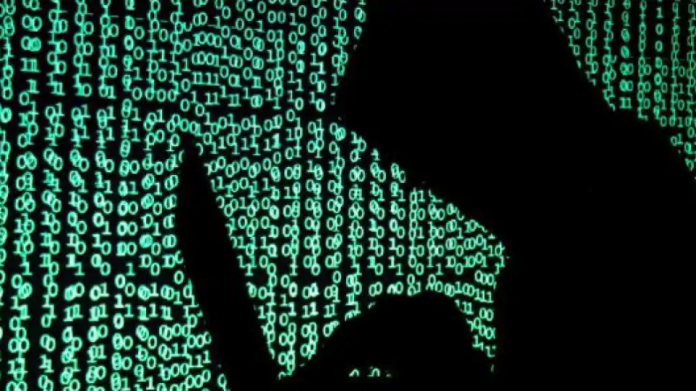China’s Communist Party and its military use data collected about Indians and through mobile 5G networks as a weapon and these technologies are clearly a spying tool for India’s northern neighbour, according to experts and thinkers on India’s national security.
New Delhi: China’s Communist Party and its military use data collected about Indians and through mobile 5G networks as a weapon and these technologies are clearly a spying tool for India’s northern neighbour, according to experts and thinkers on India’s national security.
They also called for a long-term strategy to provide greater impetus to the development of indigenous technologies and manufacturing capabilities in the telecom sphere, apart from an omnibus national security law to deal with non-military threats from the Asian dragon.
There also exists a need to curb China’s economic expansionism, based on its reliance on manufacturing cheap goods coupled with the Communist government’s subsidy, which has almost de-industrialised the US and several European countries.
The experts and thinkers at the webinar on “Data as a weapon: Chinese invasion through Mobile Apps, 5G” were India’s retired Telecom Secretary and former NASSCOM president R. Chandrashekhar and data sovereignty activist and Secretary of Centre for Knowledge Sovereignty Vinit Goenka.
The webinar was hosted on Friday evening by New Delhi-headquartered think-tank Law and Society Alliance and defence and strategic affairs news magazine Defence.
“A long-term strategy aimed at providing greater impetus to the development of indigenous manufacturing industries along with an omnibus national security law to deal with threats outside military issues are essential for taming the Chinese dragon that has built its global economic clout by amassing data from across various countries,” the experts said.
Also Read: Disha Patani Gives A Nod Of Approval To Cycling Shorts
Vinit Goenka, in his forceful argument for data sovereignty, said the ban of 59 Chinese mobile apps was just the tip of the iceberg, as the Asian dragon gobbles up massive amounts of data and indulges in digital colonization of India by capturing the online activities of Indians.
China surreptitiously pilfers data through common household devices like CCTV cameras, most of which are either imported from China or assembled in India with Chinese components because of the affordability factor. The sensors in these devices can be controlled directly from the Chinese territory, as has been experienced globally in several security breaches that have happened in the recent years, he said.
“The data helps China and its military operators of Chinese companies to do data mining of the users of its mobile app through quantum computing. A mobile app like TikTok was used to penetrate the untapped Indian rural market by allowing use of local languages, while American apps such as Facebook still relied on the English language,” Goenka said.
Chandrasekhar, who has served both in the government and the industry in the telecom and information technology sectors, said the data is used by the platforms to alter and influence human behaviour besides pushing public opinion. This has happened over the last few years and influencing public opinion in an enemy country is such a huge weapon in the hands of China.
“With the Chinese apps and 5G technology, there have been allegations of their links to the People’s Liberation Army and the Chinese Communist Party government in China. We cannot afford vulnerability to China now that we are on the brink of an armed confrontation at the borders. The ultimate solution lies in developing our own capabilities and capacities in the critical sectors such as telecom, communication and information technologies, that also have defence and military applications. The only approach to weaponisation of the social media and the telecom technologies by China is to build domestic capability as early as possible,” Chandrashekhar said.
China’s philosophy in supporting companies, such as Huawei and ZTE for their 5G technology and TikTok and others engaged in running social networking platforms, is to create modern-day versions of the East India Company, which had been used by the British to colonise India, he said.
There was consensus among the panellists that in the post-COVID world order, India has to be careful about the message it sends out in its bid to protect its sovereignty from Chinese invasion in the digital and commerce space.


